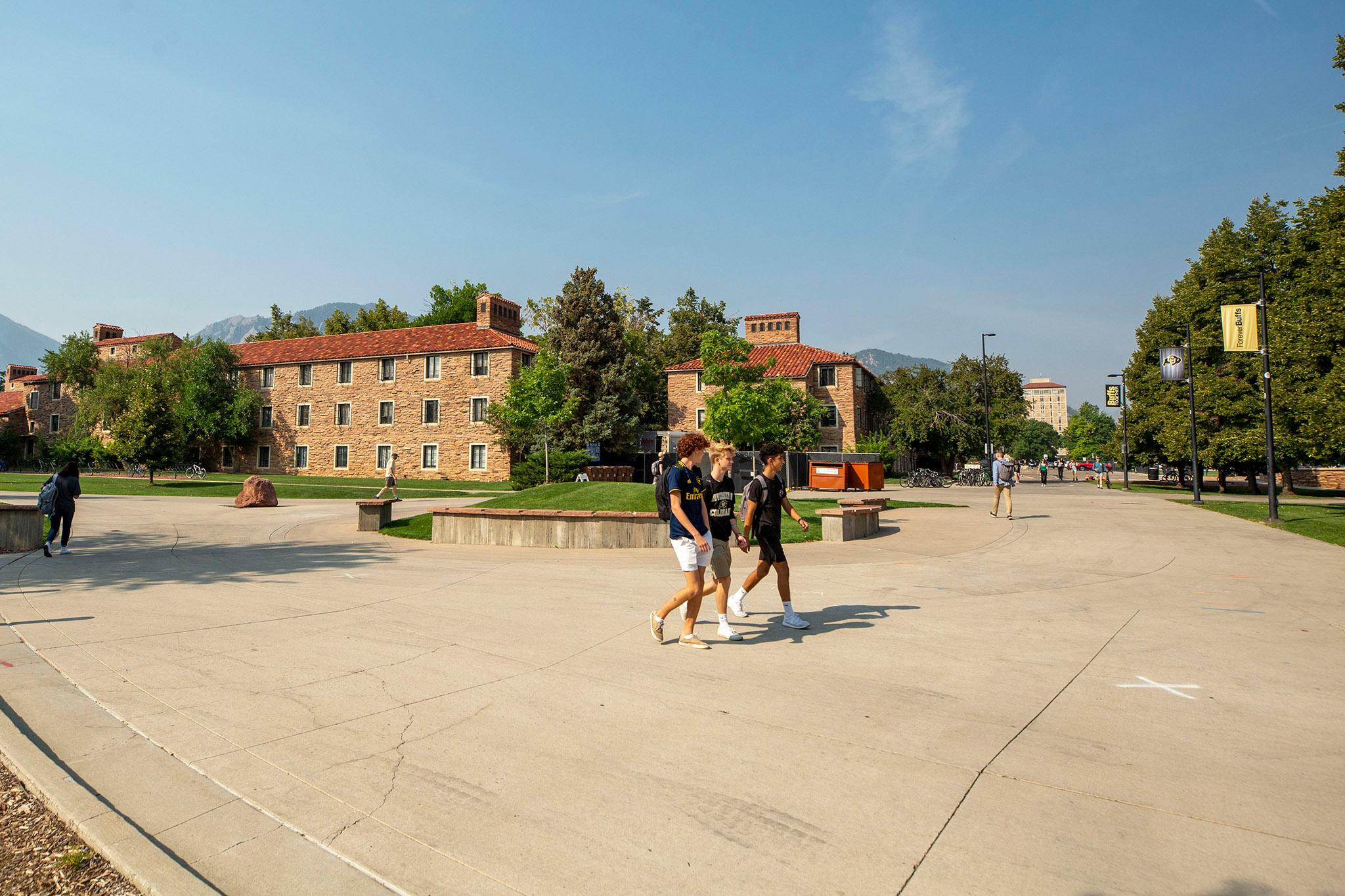
Under state law, workers at Colorado’s public higher education institutions are unable to petition the National Labor Relations Board to form a union. And while some workers trying to organize were hopeful change might come during this year’s legislature, they’ll ultimately have to wait until next year for another chance.
In recent years, groups of graduate students or adjunct faculty have banded together to ask university administrations to address issues like low wages and job security. In some instances, these groups have evolved into unrecognized unions, like United Campus Workers Colorado, which formed in 2020.
Burton St. John, a tenured public relations professor at CU Boulder, said he joined UCW because he felt university administrators weren’t listening to workers during the height of the pandemic.
“Crises like this really often reveal not only who a person really is, but also what an organization really runs like,” St. John said. “And so the way the organization ran showed a lot of disconnect for workers.”
The University of Colorado is not obligated to recognize UCW, but communication between the two parties exists, and has resulted in some change on campus. The group focused on a push to eliminate student fees for graduate workers, which it accomplished for Boulder workers.
Fort Collins graduate students follow Boulder’s lead
The grassroots organization and relative success of UCW has inspired other organizations outside the CU system. Graduate students at Colorado State University in Fort Collins formed the Graduate Workers Organizing Cooperative last year to advocate for improved working conditions for graduate workers.
“We just really announced ourselves as a union to grab the attention of the [CSU] Board of Governors to show that we're serious, that we're organizing,that we have more and more people signing up every week to demand an end to these student fees,” said CSU PhD candidate Marc Alessi.
Because both UCW and GWOC are unrecognized by their respective administrations, members asked legislators to sponsor a bill to expand collective bargaining rights to higher education workers. They were initially set to be included in a bill that expanded collective bargaining rights for public workers but stipulated those unions would not have the power to strike, which led groups to request to be removed from the final text of the bill.
“Of course, no worker wants to go on strike or anything like that, but we know that if we don't have any leverage, there's no incentive for management to take our concerns seriously,” said Alex Wolf-Root, an adjunct lecturer at CU.
Wolf-Root and UCW weren’t the only ones to reject their inclusion in the bill. Newly elected CU president Todd Saliman told Colorado Matters he would only support a bill that expands rights to higher education workers if lawmakers pledged to cover the cost of higher wages.
Even after a disappointing legislative session for prospective organizers, Wolf-Root is hopeful. He said they’re already speaking with legislators about drafting a bill for higher education workers next year. And even without collective bargaining rights, he thinks groups like UCW and GWOC can still make an impact.
“We want to add that tool to our toolbox, but we've done other things and we'll continue to organize and mobilize regardless of the legal landscape,” Wolf-Root said.









